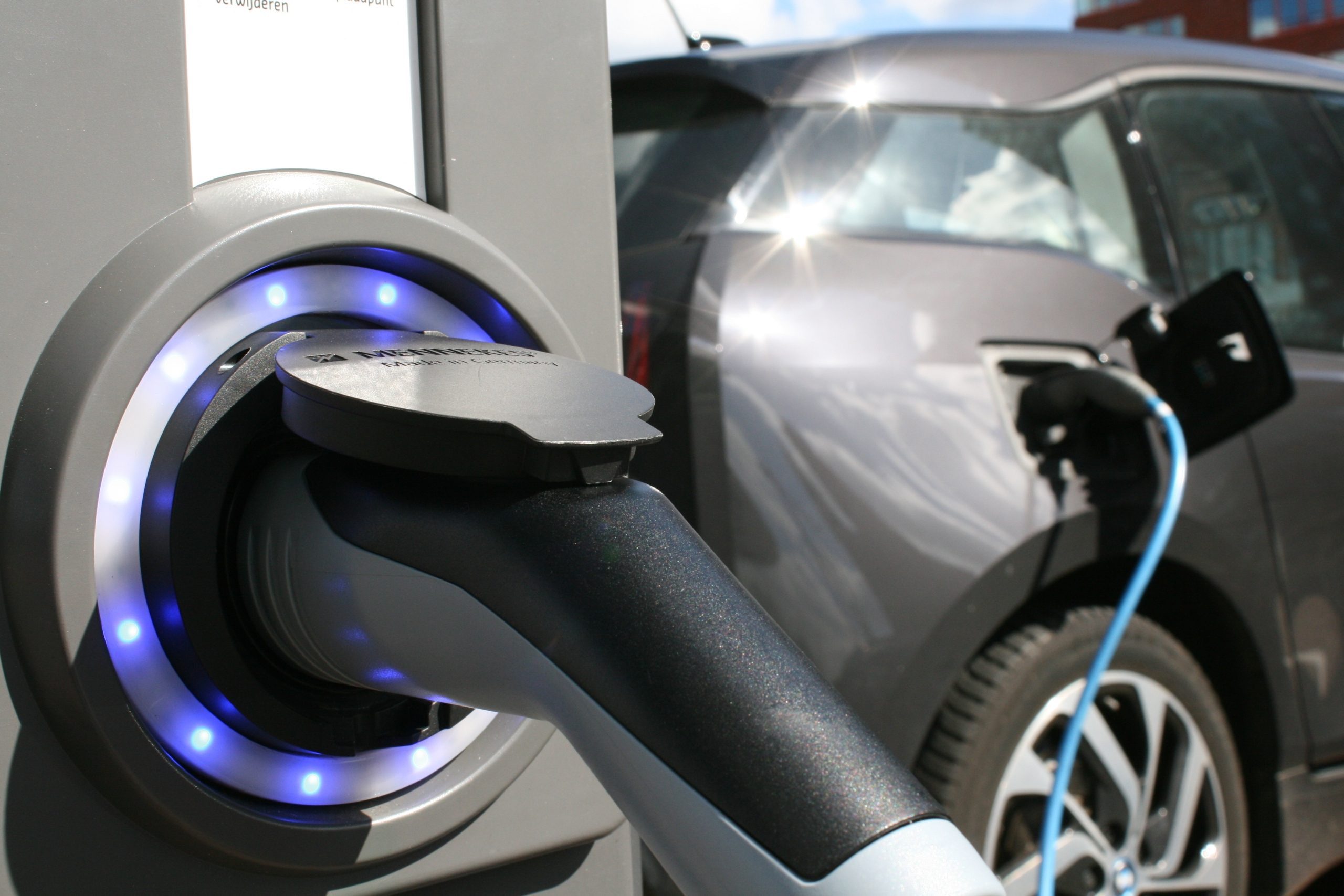On July 26, a federal judge granted BMW’s request to dismiss a class action lawsuit alleging BMW misrepresented the cold-weather driving range of certain vehicles with electric batteries.
Lawsuit Allegations and History
As outlined in the court’s order, New Jersey resident and named plaintiff Brian Hurst filed the proposed class action in June 2022, alleging BMW was liable for breach of warranty, unconscionable commercial practices, negligent representation, and unjust enrichment.
In allegations summarized by the court from Hurst’s complaint, Hurst bought a preowned 2015 BMW i3 with Range Extender (REx) in 2018. The BMW i3 REx is an electrical vehicle with a gasoline engine that extends the driving range beyond the range of an electric battery alone, costing $3,850 more than the electric i3. In advertising the i3 REx and other i3 electric vehicles, BMW did not reveal the vehicles’ real world cold weather ranges, only providing range figures from testing in optimal conditions. Hurst further alleged although advertisements stated the i3 REx had a range of 80 miles on battery and 150 miles with the range extender, he could only go 39 miles on a fully charged battery during winter months.
BMW’s Motion for Judgment on the Pleadings
In December 2022, BMW filed a motion for judgment on the pleadings. As the court explained, in ruling on a motion for judgment on the pleadings, it assumes all the allegations in the complaint to be true and draws all reasonable inferences in favor of the non-moving party—in this case, Hurst. And, the court’s review is limited to only the pleadings and documents integral to or explicitly relied on in the complaint.
The Court’s Order
Applying that standard, a New Jersey federal judge rejected Hurst’s reliance on statements made on the window sticker on the vehicle because federal law did not support his legal claims. The judge also ruled against Hurst’s warranty claims because he did not show BMW made an express warranty to him about vehicle range at or before the time of his purchase, and he had been able to use his car—driving more than 20,000 miles over at least two years.
The order found Hurst insufficiently alleged any misleading pre-purchase advertisements or statements from BMW about the particular vehicle model he purchased. Finally, the court noted Hurst had not shown BMW received a financial benefit from him for purposes of his unjust enrichment claim, given that he admitted he had bought his vehicle pre-owned from an authorized New Jersey BMW dealer.
Plaintiff’s opportunity to amend his complaint
Although the court granted BMW’s motion and dismissed the complaint, it dismissed the case without prejudice, meaning Hurst may refile it. Judge Wigenton’s order gives Hurst 30 days to file an amended complaint.





